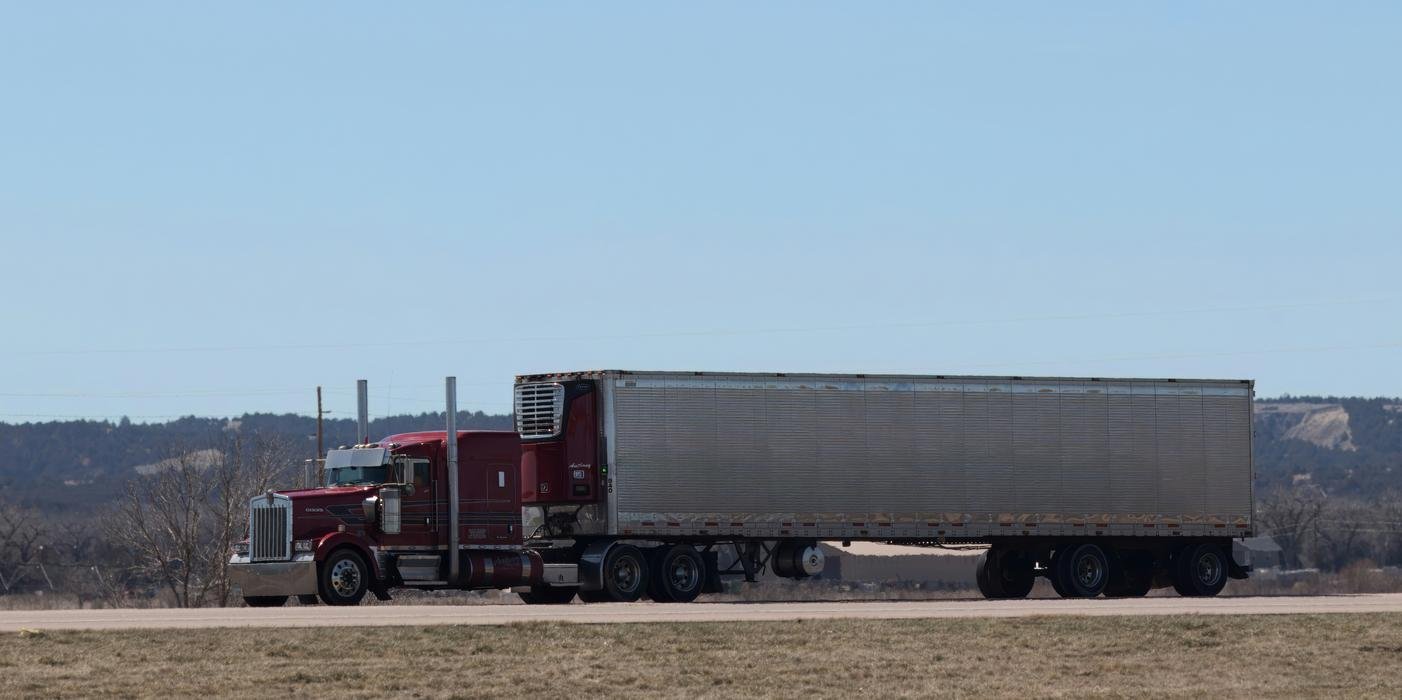The Hidden Costs of Moving You Need to Budget For
Moving to a new home can be both an exciting and daunting experience. While many people focus on the obvious costs associated with moving—such as hiring a moving company or renting a moving truck—numerous hidden costs of moving need to be budgeted for. Failing to account for these can significantly impact your financial plans and the overall success of your relocation. This guide will explore these hidden costs in-depth, providing you with the knowledge you need to prepare for a smooth transition to your new home.
Understanding the Hidden Costs of Moving
When considering a move, it's essential to understand the various expenses that can sneak up on you. The hidden costs of moving you must budget for can include unexpected fees, packing supplies, utility deposits, and more. By being aware of these potential costs in advance, you can create a realistic budget and avoid financial surprises.
1. Unexpected Fees
1.1 Fuel and Mileage Costs
If you're planning to move yourself, fuel and mileage costs can add up quickly. Long-distance moves may require multiple trips or significant miles on your truck rental. For example, a 500-mile move could cost you over $100 in fuel alone, especially with rising gas prices. Estimate these expenses based on the distance you’ll be traveling and the current gas prices in your area.
1.2 Elevator and Stairs Fees
Moving into a high-rise apartment or property without easy access can incur additional fees for using an elevator or maneuvering stairs. For instance, some moving companies charge a flat fee for stair carries or extra for elevator usage. Always check with your moving company about these potential costs before finalizing your arrangements.
1.3 Tipping Your Movers
While tipping isn’t mandatory, it’s customary to show appreciation for exceptional service. Depending on the size and complexity of your move, consider tipping each mover between 10-20% of the total moving cost. This should be factored into your budget to ensure you can adequately reward your movers’ efforts.
2. Packing Supplies
2.1 Boxes and Packing Materials
Although it may seem minor, the cost of boxes, tape, and packing materials can add up. High-quality packing supplies can ensure your items are secured during the move. On average, good packing supplies can cost around $100-$200. You can often find free boxes at local grocery or liquor stores, which can help minimize this expense.
2.2 Specialty Packing
Certain items may require special packing materials, such as bubble wrap for fragile items or wardrobe boxes for clothing. For example, bubble wrap can cost around $15-$30 for a roll, and wardrobe boxes typically cost about $10 each. Be sure to budget for these needs as they can increase your overall moving costs.
3. Utility Setup Costs
3.1 Deposits for Utilities
Setting up utilities at your new home often requires security deposits, especially if you have a poor credit history. These deposits can vary significantly between utility companies and locations, so be prepared to budget $100-$500 upfront to ensure services like water, electricity, and internet are ready when you move in.
3.2 Disconnect Fees
You might also face disconnect fees for your current utilities when moving. These fees can range from $20 to $100, depending on your provider. When budgeting for your move, factor in these costs associated with ending services at your old address.
4. Cleaning and Repairs
4.1 Cleaning Services
Before moving out, you may need to hire professionals to clean your old home or prepare your new one. Cleaning services can range from $100 to $300, depending on the size of your home and the depth of cleaning required. If you plan to do it yourself, remember to allocate your time accordingly.
4.2 Repairs and Maintenance
Depending on the condition of your new space, you might need to spend on repairs, such as fixing leaky faucets or repainting walls. Budgeting for these expenses, which could range from a few hundred to several thousand dollars, will help you establish a more accurate financial plan.
5. Insurance Costs
5.1 Moving Insurance
Consider investing in moving insurance to protect your belongings during the process. Costs for moving insurance can vary based on the value of your items and the level of coverage you choose, generally ranging from $50 to $150. This important cost should definitely be included in your budget to avoid loss or damage.
5.2 Homeowners/Renters Insurance
If you are buying or renting a new home, don’t forget to account for homeowners or renters insurance in your budget. This critical expense can range from $15 to $200 per month and protects your property and belongings.
6. Storage Costs
6.1 Temporary Storage Solutions
If your new home isn't ready when you need to move, renting a storage unit might be necessary. Local storage prices can vary, but you should budget around $50 to $200 per month depending on the size of the unit.
6.2 Long-term Storage
For items you won’t need immediately, consider long-term storage options, which can add ongoing monthly costs and should be factored into your long-term moving budget.
Creating a Comprehensive Moving Budget
To ensure a smooth relocation process, creating a comprehensive moving budget is essential. Here's how to do it:
- List All Known Expenses: Start with the expenses you know about, such as mover fees and truck rentals.
- Estimate Hidden Costs: Research and analyze potential hidden costs like utility setups and packing materials.
- Create a Buffer: Add a buffer of at least 10-15% to your total estimated budget to accommodate unexpected expenses.
- Prioritize Expenses: Rank your expenses in order of importance, ensuring that you cover essentials first.
- Keep Track: Use a spreadsheet or budgeting app to keep track of your spending as you progress through your move.
Final Thoughts on Moving Costs
The hidden costs of moving can indeed be overwhelming. However, with proper research and planning, you can minimize these hidden expenses and create a move that stays within your financial means. By considering all factors—from packing supplies and utility setups to cleaning fees and insurance—you can enjoy a smooth and successful transition to your new home.
Frequently Asked Questions
1. What are some common hidden costs of moving I should be aware of?
Common hidden costs include unexpected fees, packing supplies, utility deposits, cleaning services, and insurance costs. If not planned for, these costs can really accumulate.
2. How can I save money on packing supplies when moving?
To save money, source free boxes from local stores, use old newspapers for cushioning, or rent moving blankets instead of purchasing them. Accounting for these savings in your budget can significantly reduce your costs.
3. Are there any hidden fees when hiring a moving company?
Yes, potential hidden fees when hiring a moving company can include stair fees, elevator fees, or travel fees based on the distance to your new home. Always ask your chosen moving company about all potential costs to ensure no surprises arise.
4. What should I budget for utility setup when moving?
When budgeting for utility setup, consider security deposits, connection fees, and any applicable administrative costs. Including these utilities in your hidden costs will ensure a smooth transition.
5. How do I create a moving budget?
To create a moving budget, list all expected costs, including known expenses, estimated hidden costs, and add a buffer for unexpected expenses. Regularly tracking your expenses helps ensure you remain within budget as you plan your move.












No Comments
Sorry, the comment form is closed at this time.